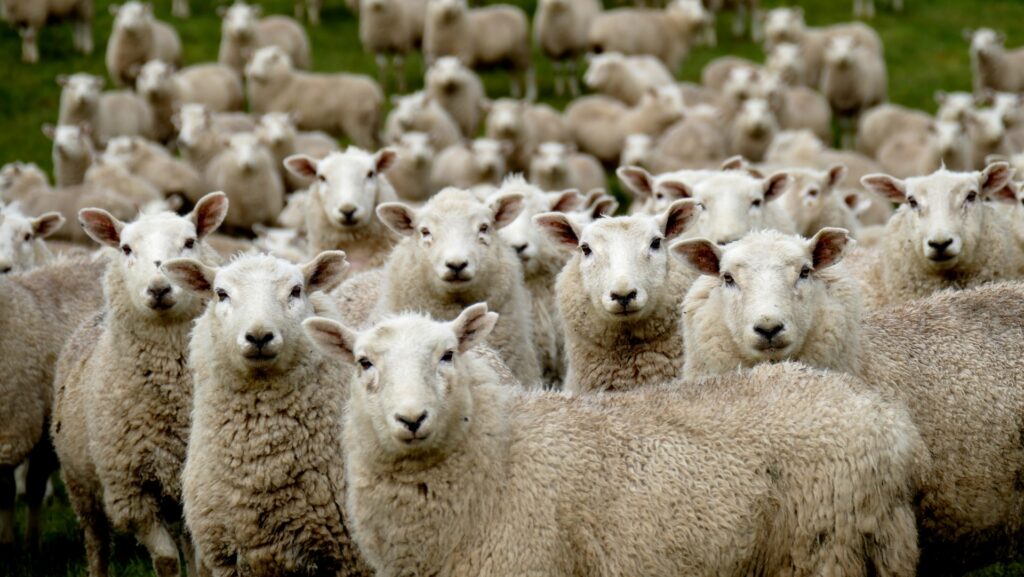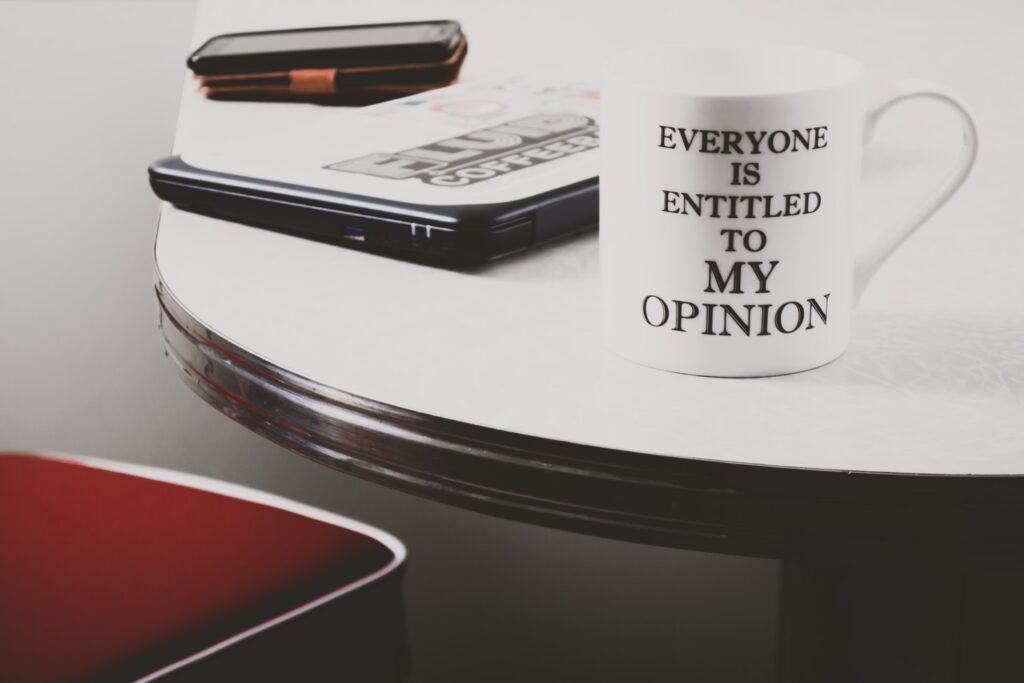Muslims want to make sound decisions that solve their daily problems and respect their faith.
They want to do the right thing.
But this process can turn into a nightmare.
Not only we can end up with inefficient solutions, but we might also feel frustrated and uncomfortable about them.
The reasons are many: lack of knowledge about Islam, lack of time or interest to educate oneself, relying exclusively on scholars, not knowing how to think…
When Islam is reduced to halal (permissible) and haram (forbidden), we become incapable to solve problems unique to our time.
Prioritizing the Sources of Guidance

Prioritizing is a good starting point.
When looking for answers, Muslims turn to the Quran.
They believe it’s divine. And the divine supersedes the human.
The next reference is the Hadith—what the Prophet Muhammad said, did, or conducted.
They are classified from Sahih (authentic) to Da’if (weak).
Hadiths, even authentic ones, can be subject to controversies.
As a rule of thumb, you can leave on the side any hadith contradicting the Quran.
What If I Don’t Find Answers in the Quran and Hadiths?

Allah remained silent on many matters, not because His forgetful, but out of mercy.
The Messenger of Allah (pbuh) said:
“What Allah has made lawful in his book is lawful, and what he has made unlawful is unlawful. Whatever he has remained silent upon, it is for your benefit, so accept benefits from Allah. Verily, Allah is not forgetful.”
The silence of God is the starting point of our critical thinking.
The Quran doesn’t answer directly all the questions of our time.
It contains all the principles, but not all the implications and implementations.
This is where we need to exert our minds to get the answers.
Here’s an example from the life of the Prophet (pbuh):
“When the Messenger of Allah (ﷺ) intended to send Mu’adh ibn Jabal to Yemen, he asked:
How will you judge when the occasion of deciding a case arises?
He replied:
I shall judge in accordance with Allah’s Book.
He asked: (What will you do) if you do not find any guidance in Allah’s Book?
He replied:
(I shall act) in accordance with the Sunnah of the Messenger of Allah (ﷺ).
He asked:
(What will you do) if you do not find any guidance in the Sunnah of the Messenger of Allah (ﷺ) and in Allah’s Book?
He replied:
I shall do my best to form an opinion and I shall spare no effort.”
So to make a sound decision we need:
- Understanding of the message
- Taking in consideration the context
- Making up our mind and taking the decision
What If I have No Knowledge of the Quran and Sunnah?

Allah warns us of being blind followers.
Before formulating opinions and thoughts about something, we need to fully know.
The obstacle to knowledge starts when we fill the bit of information we have with our assumptions.
Then we become overly confident with what we don’t know.
Realizing that we don’t know is more humbling and encouraging for discovery.
As Socrates said:
”I am the wisest man alive, for I know one thing, and that is that I know nothing”.
“And follow not that of which you have not the knowledge; surely the hearing and the sight and the heart, all of these, shall be questioned about that.” [Qur’an 17: 36]
“Ask the people of knowledge if you do not know.” [Qur’an 16:43]
What If People of Knowledge Have Different Opinions?

Scholars can make a Fatwa (a legal opinion) based on Ijtihad (their understanding using the best of their abilities).
It can be right or wrong. And it’s certainly not a sacred opinion.
All human opinions are questionable.
The attitude of a follower is to ask how the scholar arrived at an opinion.
Understanding the thought process of a scholar—the rational—is more important than knowing his answer.
It is wise to treat the scholars like doctors.
Depending on the seriousness of your illness, you will try to find the best doctor.
You will ask about his credentials and reputation.
You will go to the furthest one if it’s necessary and even spend extra money.
Why? Because your survival depends on it.
The same precaution should be taken when looking for a scholar.
We don’t have an authority that speaks for all Muslims.
The responsibility to understand relies on each one of us.
No one can think on your behalf about your situation.
Everyone needs to be a critical thinker.
What Are the Other Sources of Thinking for Muslims?
The Messenger of Allah (pbuh) said:
“The word of wisdom is the lost property of the believer. Wherever he finds it, he is most deserving of it.”
Hikmah (wisdom) originally means to arrive at righteousness by knowledge and reasoning.
Wisdom can be found everywhere.
In Muslims and non-Muslims. In Islamic sciences and the rest of the sciences.
The creation at large is a source of knowledge.
We get to know ourselves in a better way by contrast with others.
If you’re lucky to travel or work with people from other faiths and cultures, you know that this experience can be self-developing.
“O mankind, We created you from a male and a female and made you into nations and tribes, that you may come to know one another. Surely the noblest among you in the sight of God is the most God-conscious. Indeed, God is All-knowing, All-aware.” [Qur’an 49:13]
Article posted: 26 April 2020
Popular Articles
- 7 Lessons from Luqman that Will Make You Wise
- How to Enjoy Salat and Make it Meaningful
- Mongols Invasions: Some Forgotten Lessons to Today’s Muslims
- For or Against Vaccines? That’s Not Really the Question
- Are Muslims Meant to Be Sleep Deprived?
- Islamic Psychology: A Model Where Faith Has Its Place
- Muslims Judging Each Other: Why and How to Be Less Judgy
- The Certainties of Muslims in Uncertain World
- Allah According to Allah: The Beauty Behind the Verse of Light
- Blindness: From the Invisible Gorilla to the Quranic Perspective
- How to Make People Change their Mind: Persuasion!

